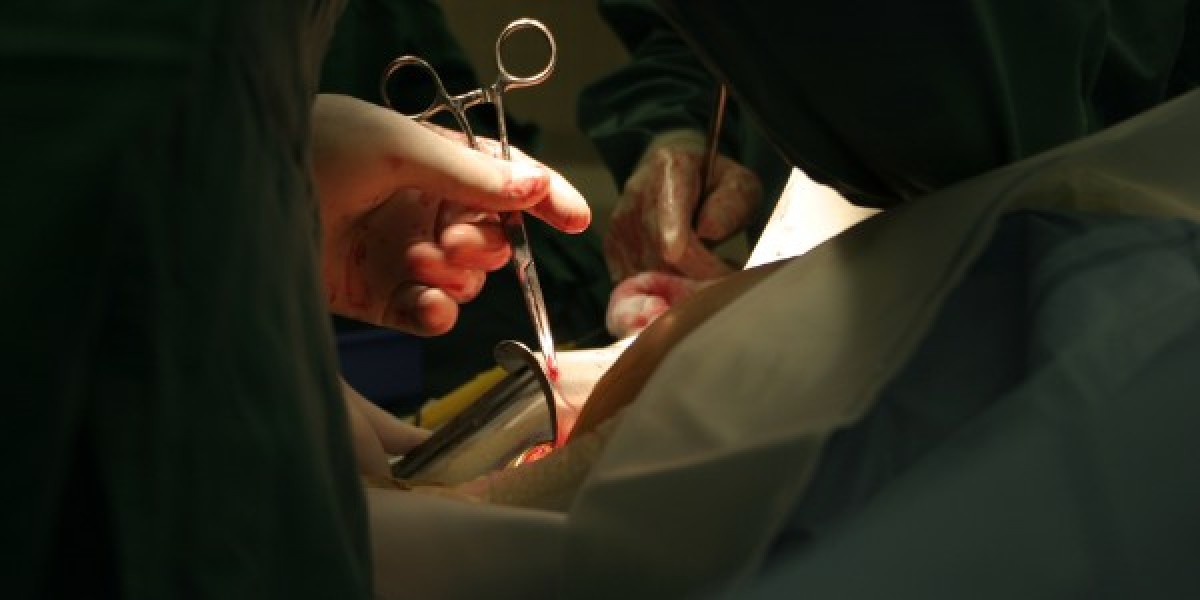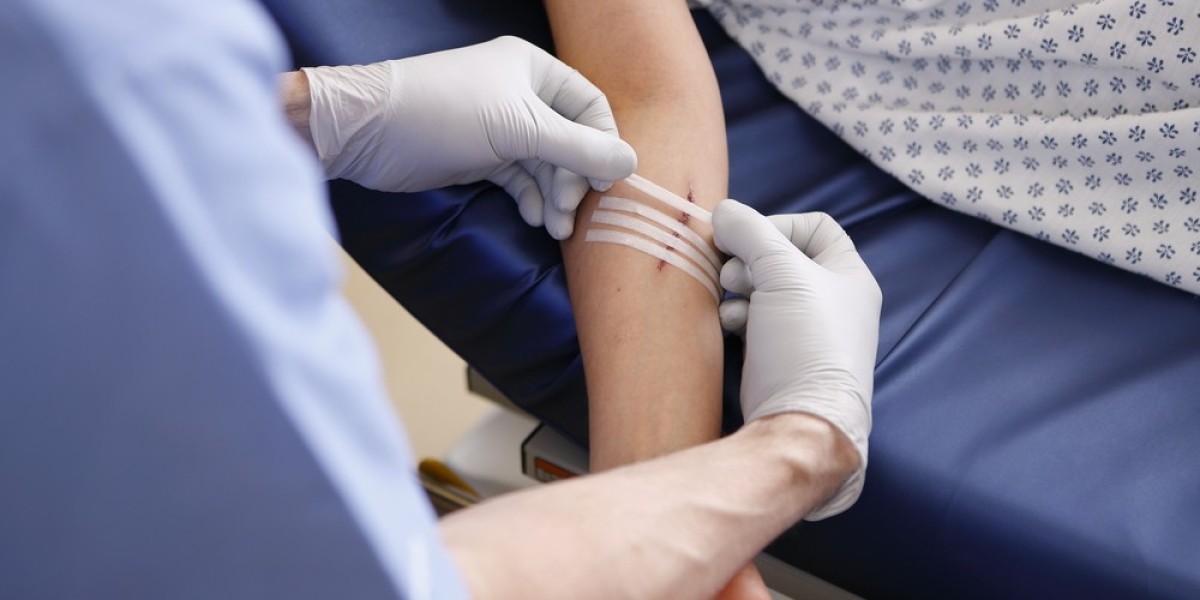In relation to surgical excellence in Delhi, Dr. Tarun Mittal stands out as a shining instance of talent and dedication, especially in the realm of appendix surgical operation. With a recognition as the Best Appendix Surgeon in Delhi, Dr. Mittal has earned the agree with and admiration of patients and peers alike for his exceptional know-how in performing appendix surgeries with precision and care.
What Is Appendix?
Appendix:
- The Appendix refers to a small, finger-shaped pouch of tissue placed near the junction of the small and big intestines, mainly in the lower proper quadrant of the stomach.
- Its far part of the gastrointestinal tract, despite the fact that its exact characteristic has been a subject of debate among medical professionals.
- The appendix is considered a vestigial organ, this means that it seems to have lost its unique characteristic over the path of evolution.
- In people, it does not appear to play a significant position in digestion or other bodily processes, not like in a few other animals in which it would serve a digestive function.
What are the Solution of Appendix?
The primary solution for appendix-related issues is surgical removal of the inflamed appendix, a procedure known as an appendectomy. Appendicitis, the inflammation of the appendix, is a medical emergency that requires prompt attention. Below is a step-by-step description of the process involved in treating appendicitis through surgical intervention:
Step 1: Medical Evaluation and Diagnosis:
When a patient affords with signs and symptoms consistent with appendicitis, along with belly ache, fever, nausea, and vomiting, a scientific evaluation is conducted. This includes a physical exam, scientific records assessment, and frequently diagnostic exams inclusive of blood exams, imaging research (like ultrasound or ct experiment), and now and again a medical exam known as the "mcburney's factor tenderness" test to locate the area of maximum pain.
Step 2: Preoperative Preparation:
If the diagnosis confirms appendicitis and the patient's circumstance warrants surgical intervention, preoperative training starts. The patient is suggested to stop eating or drinking to save you complications for the duration of anaesthesia and surgical procedure. An intravenous (iv) line is usually inserted to provide fluids and medicines.
Step 3: Anaesthesia:
Anaesthesia is administered to make certain the patient's consolation and ache manipulate during the surgical procedure. Popular anaesthesia is commonly used for an appendectomy, this means that the patient could be unconscious at some stage in the process.
Step 4: Surgical Approach:
There are two main methods to appearing an appendectomy:
A) Open Surgical Treatment
B) Laparoscopic surgery.
Here are the other services offered by Dr Tarun Mittal
Endoscopic Pilonidal Sinus Treatment in Delhi NCR:
Pilonidal sinus, a painful situation that commonly happens inside the crease among the buttocks, can be a distressing hassle. Dr. Tarun mittal has revolutionized its remedy thru his knowledge in endoscopic methods. With the aid of employing minimally invasive techniques, he ensures faster recuperation times, reduced put up-operative pain, and minimum scarring. Dr. Mittal's talent in Endoscopic Pilonidal Sinus Treatment has brought relief to countless patients, helping them regain their comfort and quality of life.
Best Laparoscopic Surgery in Delhi:
Laparoscopic surgery, known for its minimally invasive nature, requires skill and precision. Dr. Tarun Mittal has mastered this technique, establishing himself as a leading laparoscopic surgeon in Delhi. His proficiency spans various procedures, from gallbladder removal to hernia repair and beyond. Patients benefit not only from his surgical finesse but also from the quicker recovery times and smaller incisions associated with Laparoscopic Surgery.
Best Piles Treatment in Delhi:
Piles, also known as hemorrhoids, can cause significant discomfort and affect daily life. Dr. Mittal's approach to Best Piles Treatment in Delhi combines clinical knowledge with a compassionate information of his sufferers' wishes. Whether or not using non-invasive techniques or surgical intervention, he tailors his technique to every individual case, ensuring the best and least invasive solution. His dedication to affected person comfort and nicely-being units him apart as a outstanding determine in the subject.
Best Spleen Surgery in Delhi:
Spleen-related conditions often necessitate surgical intervention, and Dr. Tarun Mittal's adeptness in Spleen Surgery is highly regarded. The spleen plays a crucial role in the immune system, making surgical procedures in this area intricate and demanding. Dr. Mittal's surgical skill, combined with his comprehensive understanding of the complexities involved, has led to successful outcomes in numerous spleen-related surgeries. His patients benefit not only from his surgical talents but also from his holistic approach to health care.
FAQA
Certainly, here are some frequently asked questions and their answers related to the solution of appendix issues, specifically focusing on appendicitis and appendectomy:
Q1: What is an appendectomy?
A surgical operation to remove the appendix is called an appendectomy. It is frequently done to treat appendicitis, an inflammation of the appendix that, if left untreated, can cause excruciating stomach pain and other consequences.
Q2: How is appendicitis diagnosed?
An evaluation of the patient's medical history, a physical examination, and diagnostic testing are used to determine the presence of appendicitis. These investigations could include blood tests to look for infection symptoms, imaging studies (such as an ultrasound or CT scan) to see the appendix and its surroundings, and clinical examinations to see whether there is any abdominal tenderness.
Q3: Is surgery the only solution for appendicitis?
The most popular and efficient treatment for appendicitis is surgery. To avoid problems like an appendix rupture and an infection in the abdominal cavity, the inflamed appendix is removed. Appendicitis without surgery carries significant health concerns.
Q4: Can appendicitis be treated with antibiotics instead of surgery?
In some cases, mild cases of appendicitis might respond to antibiotics and rest. However, this approach is not suitable for all cases, and there's a risk that the condition could worsen. Surgery remains the standard and most reliable treatment for appendicitis.
Q5: What is the recovery period after an appendectomy?
Recovery time can vary, but most patients can expect to return to their normal activities within a few weeks. With laparoscopic surgery, recovery tends to be quicker due to smaller incisions. The surgical team will provide guidelines on when it's safe to resume various activities.
Q6: How long is the hospital stay after an appendectomy?
For uncomplicated cases, patients might stay in the hospital for about 1 to 2 days after an appendectomy. However, this can vary depending on the surgical approach, the patient's condition, and the surgeon's recommendations.
Q7: Are there risks associated with appendectomy?
There are hazards associated with surgery, like with any medical operation. These include things like an infection, hemorrhage, bad anesthetic reactions, and damage to surrounding tissues. The advantages of treating appendicitis, however, significantly outweigh any possible hazards.
Q8: Can appendicitis be prevented?
Even though appendicitis cannot be prevented from occurring in and of itself, maintaining a healthy lifestyle that includes a well-balanced diet, consistent exercise, and adequate water can help to promote overall gut health. In some circumstances, early detection and effective infection treatment may aid in avoiding complications that could cause appendicitis.








